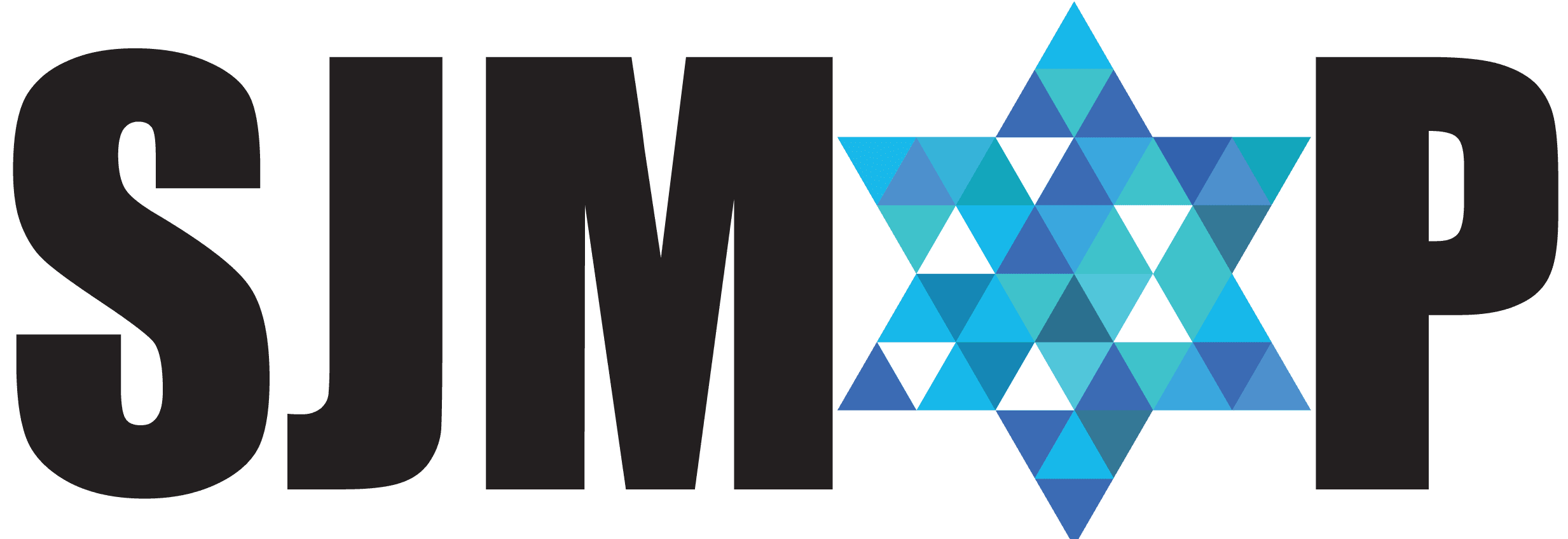UCSJ Member Councils
Fifty-three Independent councils affiliated as members of the Union of Councils for Soviet Jews at some period between UCSJ’s founding in 1970 and the dissolution of the USSR in 1991. The six original councils are designated with an asterisk (*).
Alabama Council to Save Soviet Jews
Alamo Council for Soviet Jews
Arizona Council on Soviet Jews
Baltimore Council for Soviet Jewry
Bay Area Council on Soviet Jewry *
Boston Action for Soviet Jewry
Burlington Action Committee for Soviet Jews
California Students for Soviet Jews *
Chicago Student Struggle for Soviet Jewry
Chicago Action for Soviet Jewry
Cincinnati Council for Soviet Jews
Cleveland Council on Soviet Anti-Semitism *
Colorado Committee of Concern for Soviet Jews
Connecticut Committee for Soviet Jews
Des Moines Action Committee for Soviet Jewry
Detroit Committee for Soviet Jewry
Greensboro Action for Soviet Jewry
Greater Hartford Action for Soviet Jewry
Hawaii Group for Soviet Jews
Houston Action for Soviet Jewry
Jewish Federation of South Broward
Kansas City Council for Soviet Jewry
Knoxville-Oak Ridge Council for Soviet Jews
Greater Lansing Soviet Jewry Freedom Committee
Long Island Committee for Soviet Jewry
Los Alamos Committee on Soviet Anti-Semitism
Minnesota-Dakotas Action Committee for Soviet Jewry
Montreal Student Struggle for Soviet Jewry
Newport News Soviet Jewry Committee, United Jewish Community
Niagara Frontier Council for Soviet Jewry
Oakland Soviet Jewry Action Committee
Oceanfront Council for Soviet Jews (Brooklyn, NY)
Omaha Commission for Soviet Jewry
Orange County Commission on Soviet Jews
Greater Philadelphia Council for Soviet Jews
Soviet Jewry Council of the JCRC, Philadelphia
Pittsburgh Voice for Soviet Jewry
Pittsfield Council for Soviet Jewry
San Diego Council for Soviet Jewry
Sarasota Council on Soviet Jewry
Seattle Action for Soviet Jewry
South Florida Conference on Soviet Jewry *
Southern California Council for Soviet Jews *
Soviet Jewry Action Council of Harrisburg (PA)
Soviet Jewry Committee, Jewish Federation of South Bend
Soviet Jewry Committee of the Jewish Federation of the North Shore (MA)
Student Council for Soviet Jews, Ontario
Toronto Council for Soviet Jews
Vancouver Soviet Jewry Action Council
Waco Council of Concern on Soviet Jewry
Washington Committee for Soviet Jewry *
West Palm Beach, Jewish Federation of Palm Beach County
Wilmington (DE)
Zachor-S.E. Virginia Council for Soviet Jews
UCSJ Presidents: 1970 - 1991
Chronological order
Lou Rosenblum
Hal Light
Si Frumkin
Inez Weissman
Stuart Wurtman
Irene Manekofsky
Robert Gordon
Lynn Singer
Morey Schapira
Pamela Braun Cohen
UCSJ Presidents: Post 1991
Yosef Abramowitz
Larry Lerner
UCSJ Board Members: 1970 - 1991
(Note: This is a partial list, additional research is being completed)
Carole Abramson
Rudy Appel
Cecelia Appelbaum
Donna E. Arzt
Judy Balint
Harvey Barnett
Bailey Barron
Herb Beller
Sheldon Benjamin
Sergei Broude
Hinda Cantor
Howard Cantor
Stephen M. Cohen
Jeff Colvin
June Daniels
Leonid Feldman
Betsy Gidwitz
Shirley Goldstein
Lillian Hoffman
Judy Patkin
Joel Sandberg
Henry Slone (founding Treasurer)
Sandra Spinner
Marilyn Tallman
David Waksberg
Babette Wampold
Bob Wolf
Yossi Yanich
Zev Yaroslavsky
UCSJ History: Post 1991
After the breakup of the Soviet Union in 1991, the Union of Councils for Soviet Jews (UCSJ), sometimes referred to as Union of Councils for Jews in the Former Soviet Union, moved its focus to human rights and the fight against anti-Semitism in the countries of the former Soviet Union (FSU).
Before the Soviet Union’s dissolution, the UCSJ had been the first Western Jewish or human rights organization to establish and register an office on Soviet soil with the creation in Moscow of the Russian-American Bureau on Human Rights and Rule of Law. Post 1991, the UCSJ operated, in addition to the Moscow office, monitoring bureaus in St. Petersburg, L'viv, Bishkek, Almaty, Tbilisi, Riga and Minsk. The eight Bureaus were centers for advice on emigration working collegially with other indigenous Jewish and human rights NGOs, and concentrated on the monitoring of antisemitism, anti-Jewish hate crimes and prosecutions, neo-fascism and other indices of nationalistic extremism.
For some years beginning in 1999, the UCSJ partnered with over 55 other NGOs to report on and discuss incidents of human rights transgressions through the blog Coalition Against Hate, which united the NGOs in their struggle against xenophobia, neo-Nazism, and extremism in the FSU.
The UCSJ provided aid to Jewish communities in the former Soviet Union to support religious life and the preservation of Jewish heritage. Yad L’Yad (Hebrew for hand-to-hand) partnered North American synagogues and Jewish schools with Jewish communities throughout the former Soviet Union.
Over two years starting in 2010, the UCSJ led efforts to support passage of the Magnitsky Bill in the U.S. Congress, legislation that called for sanctions against individuals who participate in human rights abuses. The UCSJ lobbied over 150 members of Congress. Frustrated with disinterest from Jewish establishment organizations and Jewish NGOs in this campaign, the UCSJ ultimately found support from other religious NGOs. The Magnitsky Bill, named in recognition of Sergei Magnitsky who was executed in Russia in 2009, was approved by the U.S. Congress in November 2012. Subsequently, similar legislation was enacted in a number of countries including Canada, the United Kingdom, and the European Union.
In 2012, the UCSJ became one of the founding members of the International Religious Freedom Round Table, an informal group based in Washington, DC which included over 100 NGOs interested in religious freedom around the world.
The UCSJ helped to create the Ukrainian Religious Freedom Round Table in 2019, working with the Center for Civil Liberties and the Institute of Religious Freedoms in Ukraine. Representatives from 50 religious NGOs participate.
In 2022 the UCSJ’s remaining post in the former Soviet Union was located in Lviv, Ukraine where space was maintained for an office, Jewish worship, and a kosher soup kitchen. Following the Russian invasion of Ukraine in February 2022 this UCSJ-supported location pivoted to provide food, medical supplies, and psychological support to refugees from eastern Ukraine.
